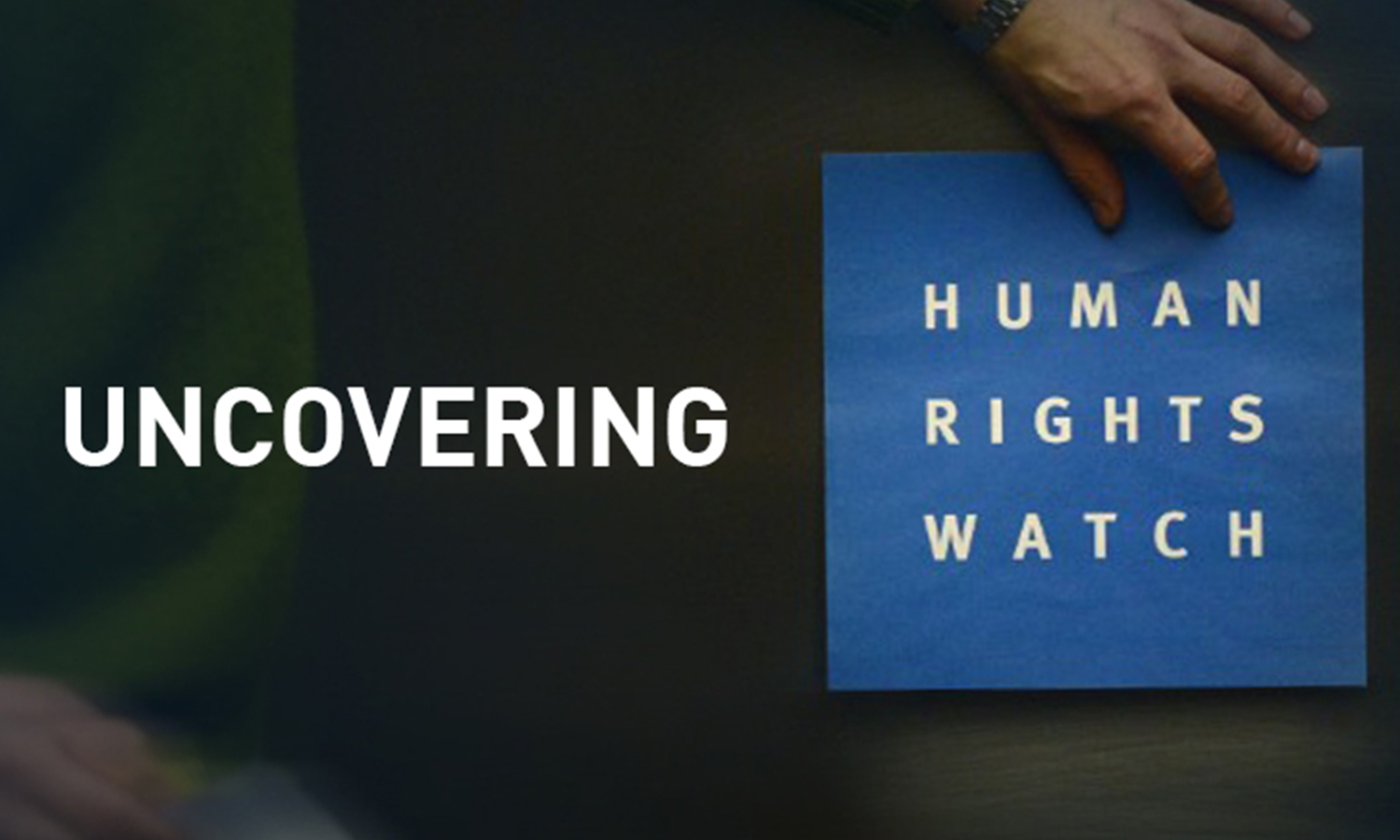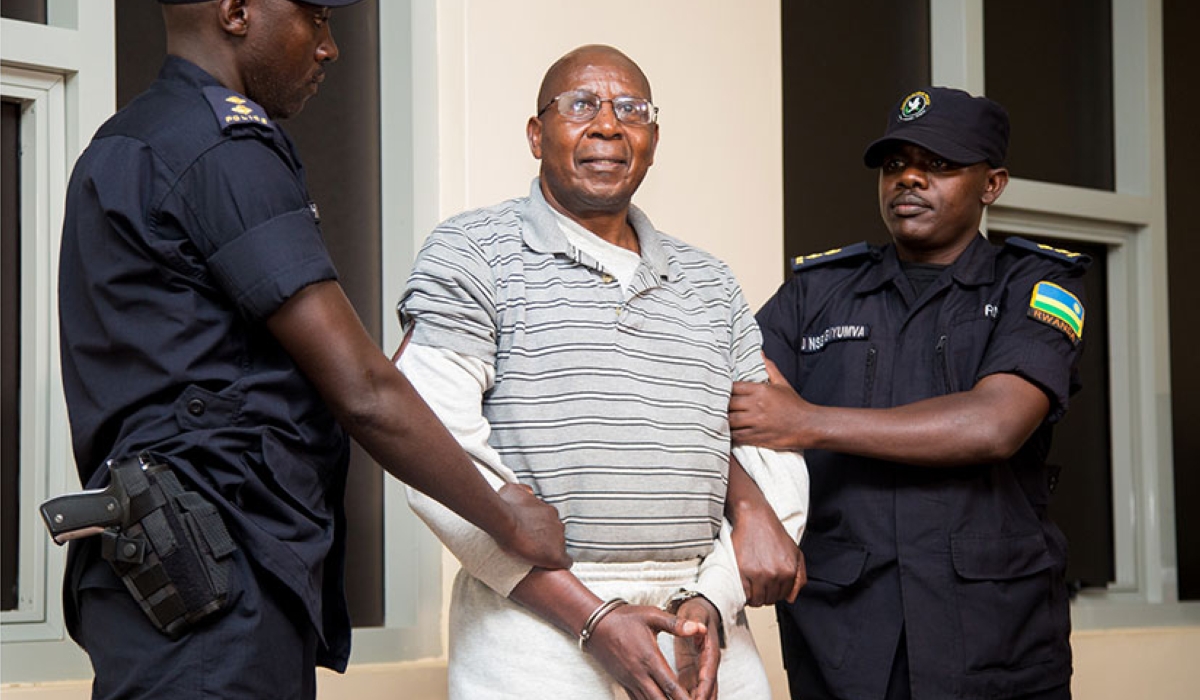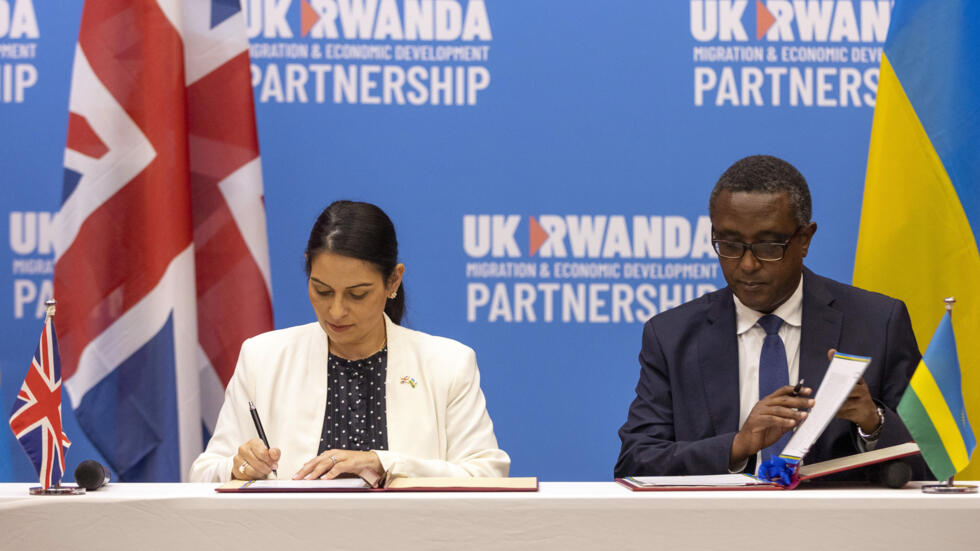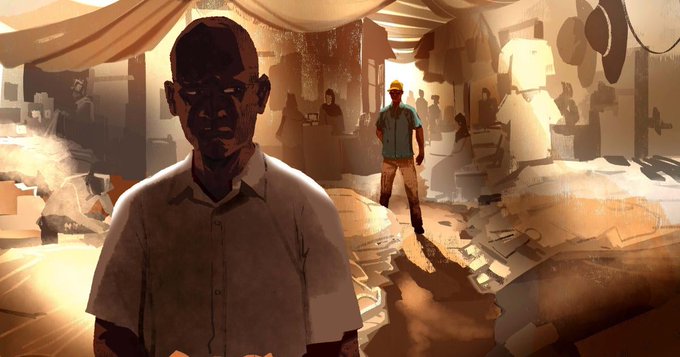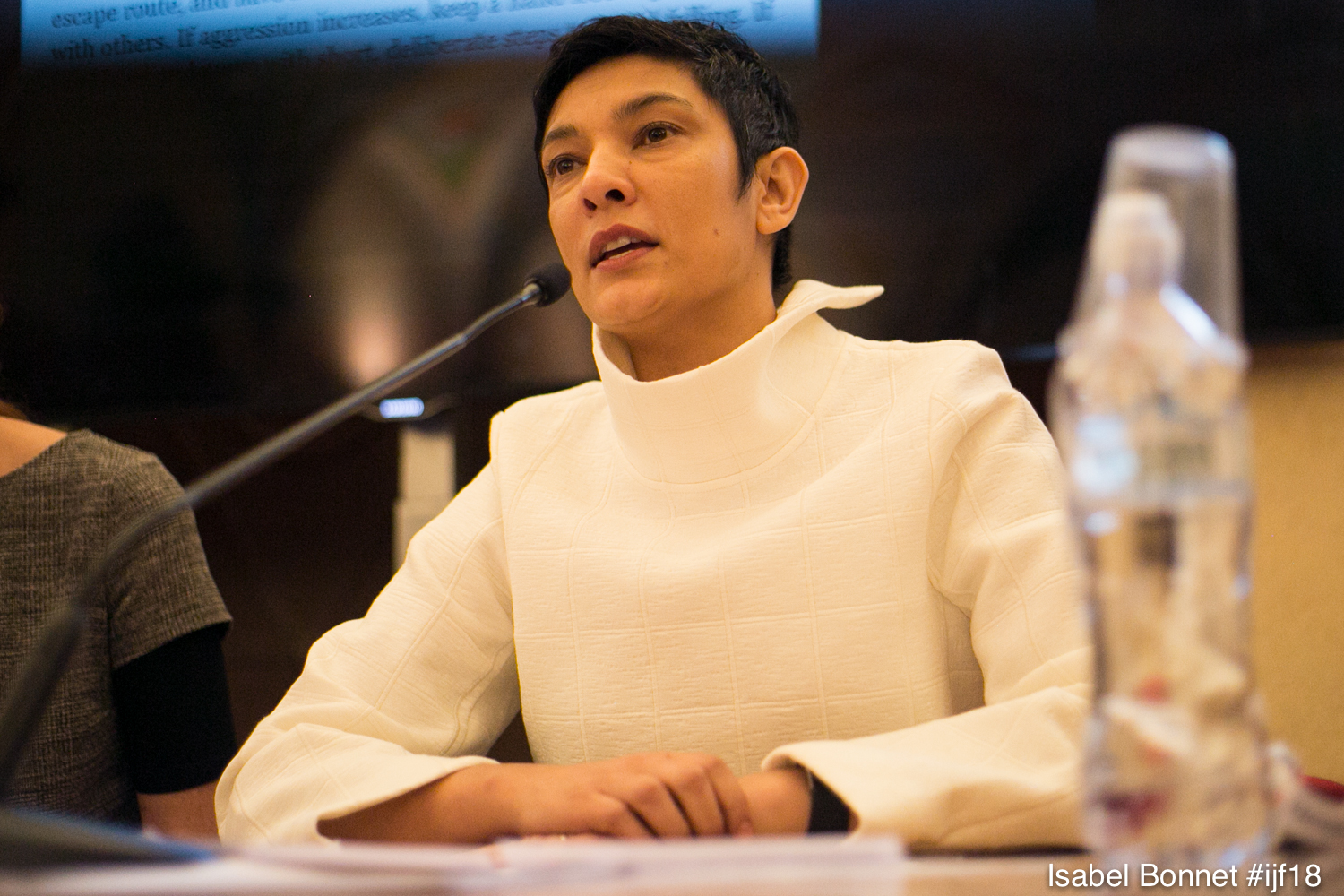Regional
When it comes to Rwanda, HRW will always lie. Here’s why

Aerial view of Kigali, the capital city of Rwanda, during night hours.
In a
world marked by geopolitical tensions and a growing need for human rights
advocacy, organizations like Human Rights Watch (HRW) would be expected to play
a pivotal role. The mission of HRW, like other human rights organizations, is
to monitor and report on rights abuses across the globe, seeking justice and
accountability.
However,
the effectiveness of such organizations hinges on their impartiality,
credibility, and commitment to the truth.
As
democracies face existential threats worldwide, the importance of a steadfast,
honest, and non-partisan approach to human rights advocacy cannot be
overstated. When these principles are compromised, the consequences can be
profound.
This
narrative sheds light on a disconcerting aspect of HRW, one of the ‘most prominent’
human rights advocacy organizations, which has been accused of straying from
its founding principles, compromising objectivity, and engaging in questionable
actions.
HRW's straying principles
The
history of HRW is a demonstration to its founding principles, which emphasize
the impartial and honest investigation of human rights abuses. However, as the
years passed, HRW's commitment to these principles has come under scrutiny.
A
notable example from the past illustrates this concern.
More
than a decade ago, Sarah Leah Whitson, then-executive director for the Middle
East and North Africa at Human Rights Watch, sought to raise funds in Saudi
Arabia. To secure this financial support, she reportedly promised to be more
critical of Israel. This incident raised questions about HRW's objectivity and
its willingness to alter its stance in exchange for financial contributions.
When
exposed, HRW backtracked on its initial promise to Saudi donors. Still, this
incident left a lasting impression of HRW's susceptibility to financial
influence, causing many to question the organization's integrity.
But
Ken Roth, the then executive director, would soon find himself in a similar
predicament. He agreed to limit HRW's work on issues related to the LGBTQ+
community in the Middle East in exchange for financial support from a Saudi
businessman. This willingness to compromise the organization's principles for
monetary gain further eroded HRW's credibility.
These
examples demonstrate a troubling pattern of behavior within HRW. It became
evident that the organization was willing to sacrifice its core mission – the
protection of human rights – to accommodate political or financial interests. The resulting erosion of trust in its
objectivity and impartiality is concerning.
The
extent of HRW's deviation from its founding principles has reached a point
where the organization has even partnered with and incorporated reporting from
a group launched by a designated al Qaeda financier. This alarming association
underscores a disconcerting disregard for the implications of such
affiliations.
The
situation deteriorated to such an extent that in 2009, HRW's founder Robert L.
Bernstein felt compelled to express his concern publicly. (https://www.nytimes.com/2009/10/20/opinion/20bernstein.html)
He lamented in The New York Times about HRW losing its way and drifting away
from its original mission.
He warned that too many of its reports had become short on methodology and long on ideology, a clear departure from the organization's fundamental commitment to impartiality. These accounts paint a disheartening picture of an organization that has seemingly lost its way. HRW's deviation from its core principles raises questions about the organization's ability to carry out its mission effectively.
The troubling case of Rwanda
The
erosion of HRW's credibility is not limited to questionable actions related to
financing and political influences.
A
controversy surrounds HRW's coverage of human rights issues in Rwanda.
For
years, HRW has been under scrutiny for its coverage of Rwanda's human rights
situation, which has fueled a bitter dispute between the watchdog and Rwandans.
It has
come under fire for publishing reports laden with unsubstantiated allegations
and dubious sources. This ongoing dispute has cast serious doubts on the
credibility of HRW's reports and has raised concerns about the organization's
true agenda.
In a
recent report, HRW did not shy away from faking quotes just to smear and blackmail
Rwanda. In so doing, HRW presented yet another report on Rwanda, riddled with
misinformation and allegations that totally lacked any credible evidence.
The
report drew heavily from anonymous sources, leaving many to question the
authenticity of the claims made.
That
aside, the Rwandan government repeatedly called on HRW to provide concrete
evidence to substantiate their allegations, but these pleas fell on deaf ears.
For
example, the latest report's content was filled with alleged cases that lacked
substantial evidence, making it appear designed to appeal only to the
uninformed.
The
questionable sources even went so far as to use anonymous entities to make
allegations, raising suspicion that the quotes may have been fabricated.
For
instance, the report featured claims from a refugee who fled Rwanda, alleging
unlawful detention and torture in 2010. The refugees asserted they continued to
live in fear even after being resettled in the United States in 2018. While
such claims are false, they also lack concrete evidence; no single known
identity was cited.
Moreover,
the report also highlighted the experiences of refugees and asylum seekers in
various Southern African countries who alleged that their governments attempted
to persuade or pressure them to return to Rwanda.
Although
coming back home would be a good thing for anyone, the credibility of these
claims was questioned, all the quoted individuals involved had no confirmed
identities, no name, no location, no nothing, just quotes hanging in the air.
The
rift between HRW and Rwanda have deeper roots than just this recent report.
Rwanda previously severed ties with HRW over what they termed nasty reports.
The Rwandan government canceled cooperation agreements with HRW, citing HRW's
disregard for the government's perspective on human rights in the country.
The
agreements required HRW to include the Rwandan government's statements in their
reports, allowing for a more balanced perspective. However, HRW consistently
failed to adhere to these terms, choosing instead to publish reports that often
painted a negative image of the country.
Rwanda's
government maintained that while HRW was not always satisfied with their
explanations, these explanations should still have been included in HRW's
reports, as per their agreements. The government's disappointment stemmed from
HRW's tendency to publish reports without credible evidence, thereby
undermining Rwanda's efforts to improve human rights.
The
ongoing dispute between HRW and Rwanda was rooted in HRW's alleged failure to
renew their cooperation agreement with the Rwandan government after it expired
in March 2017. This decision was further fueled by HRW's repeated accusations
of human rights violations in Rwanda, which were deemed baseless and lacking
credible evidence.
Implications
The
dispute between HRW and Rwanda calls into question the credibility and motives
behind HRW's reports on Rwanda's human rights situation. As the rift continues
to widen, the true agenda behind HRW's actions in Rwanda remains uncertain. In
a world where truth and impartiality are crucial, these tales of HRW and Rwanda
underscore the importance of transparency and accountability in human rights
advocacy.
The implications of HRW's actions go beyond the immediate dispute with Rwanda. They raise concerns about the organization's capacity to fulfill its mission impartially and with integrity. HRW's deviations from its founding principles and questionable partnerships threaten its ability to be an effective force for positive change in the realm of human rights.


